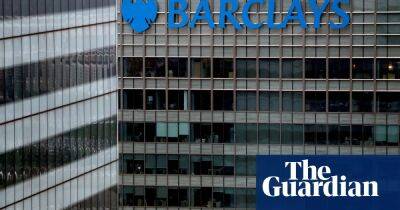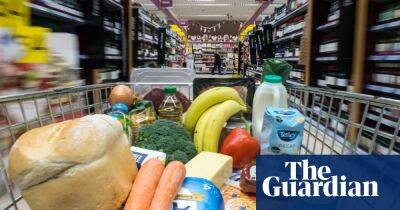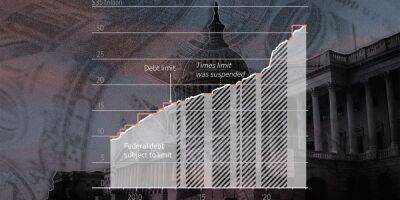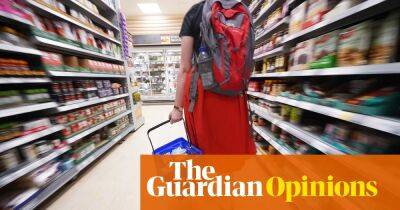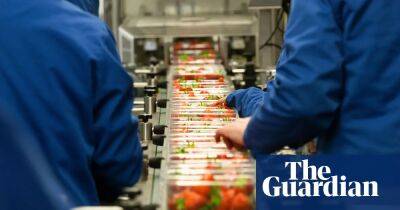UK inflation is just not going down as cost of living crisis offers 'no respite'
LONDON — U.K. inflation remained stubbornly in double digits in March, driven largely by soaring food prices, while the country's cost-of-living crisis shows little sign of abating.
The 10.1% annual headline inflation figure of Wednesday came in above consensus estimates, and the consumer price index rate sits almost a full percentage point higher than the Bank of England's Monetary Policy Committee projected in its February report.
Food and non-alcoholic beverage prices rose by 19.2% in the 12 months to March, experiencing their sharpest annual incline in more than 45 years, the Office for National Statistics said Wednesday.
As British households continue to contend with high food and energy bills, workers across a range of sectors have launched mass strike action in recent months amid disputes over pay and conditions.
The British government still provides residential energy subsidies, guaranteeing a cap on average household energy bills of £2,500 per year until the end of June, along with targeted support to certain vulnerable homes.
Despite this, Dominic Miles, global co-head of consumer at L.E.K. Consulting, said that the Wednesday figures showed «there is currently no respite from cost of living pressures.»
«Consumers are doing their best to make savings on essentials in order to maintain discretionary spending — this fragile equilibrium is underwritten by the ongoing energy subsidies without which a tipping point might be reached,» he said.
Though food prices are keeping headline inflation elevated for now, economists expect it to fall sharply in April due the base effects of the spike in energy prices triggered in April 2022 by Russia's invasion of Ukraine, while energy demand will inevitably fall through the
Read more on cnbc.com

 cnbc.com
cnbc.com
